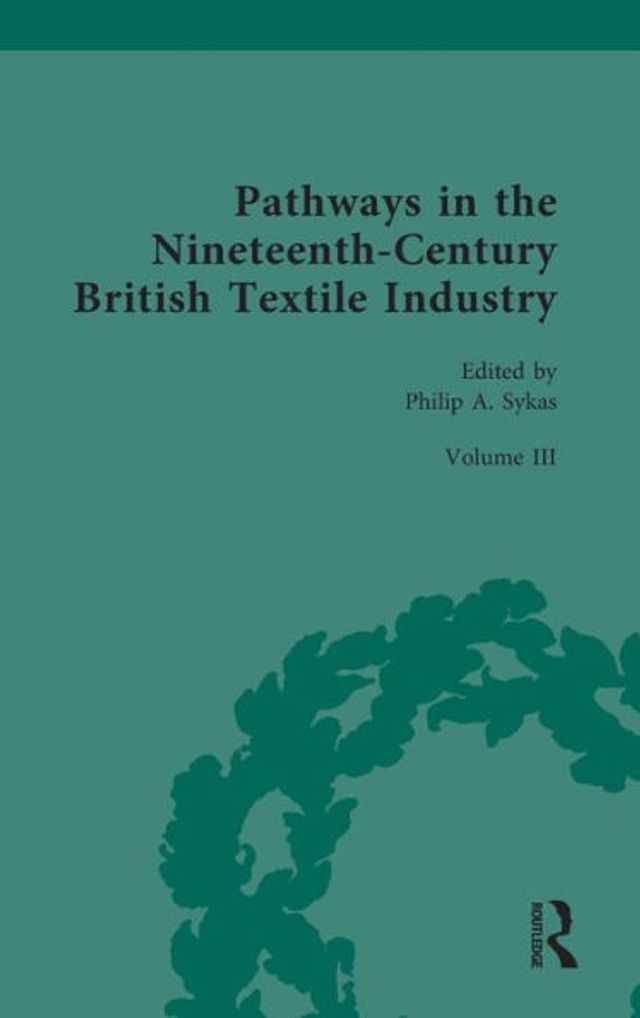Home
Women and Children of the Mills: An Annotated Guide to Nineteenth-Century American Textile Factory Literature
Loading Inventory...
Barnes and Noble
Women and Children of the Mills: An Annotated Guide to Nineteenth-Century American Textile Factory Literature
Current price: $83.00


Barnes and Noble
Women and Children of the Mills: An Annotated Guide to Nineteenth-Century American Textile Factory Literature
Current price: $83.00
Loading Inventory...
Size: OS
*Product Information may vary - to confirm product availability, pricing, and additional information please contact Barnes and Noble
This annotated bibliography of 19th-century literature by and about American textile factory workers examines 457 texts, including novels, short fiction, poetry, drama, narratives, and children's literature, and offers new insights into 19th-century working-class culture. The textile industry was the premier and largest 19th-century industry in the United States. The texts, drawn from a variety of publications, such as workers' periodicals, mainstream publishers' monographs, newspapers, magazines, story papers, dime novels, pulp publications, and Sunday-school tracts, reveal the variety and complexity of the factory literature and represent the largest body of American working-class women's literature. The literature explores a number of women's concerns, such as their roles as workers, sexual harassment, marriage, motherhood, and homosexual and heterosexual relationships, and treats the factory work experience of hundreds of thousands of 19th-century children. Annotations are divided among 14 topical chapters that highlight such key issues as women's independence, class bias, child labor, technology, and protest. Most entries include information on text availability, including microform reprints and U.S. library holdings for rare titles.
Scholars of 19th-century women's literature and history will value the full picture of 19th-century factory women's lives that emerges through the synopses of the literature. This work includes the first literary depictions of and protest against child labor, the first anti-factory poem, and the first fictional depiction of a strike. The more than 50 annotated texts that treat child labor offer new source material for the study of child labor in 19th-century America. Appendices furbanish a chronological listing of titles, a selection of nonfiction texts, and a listing of unavailable texts.


















